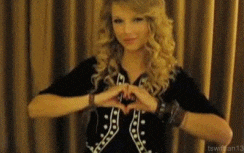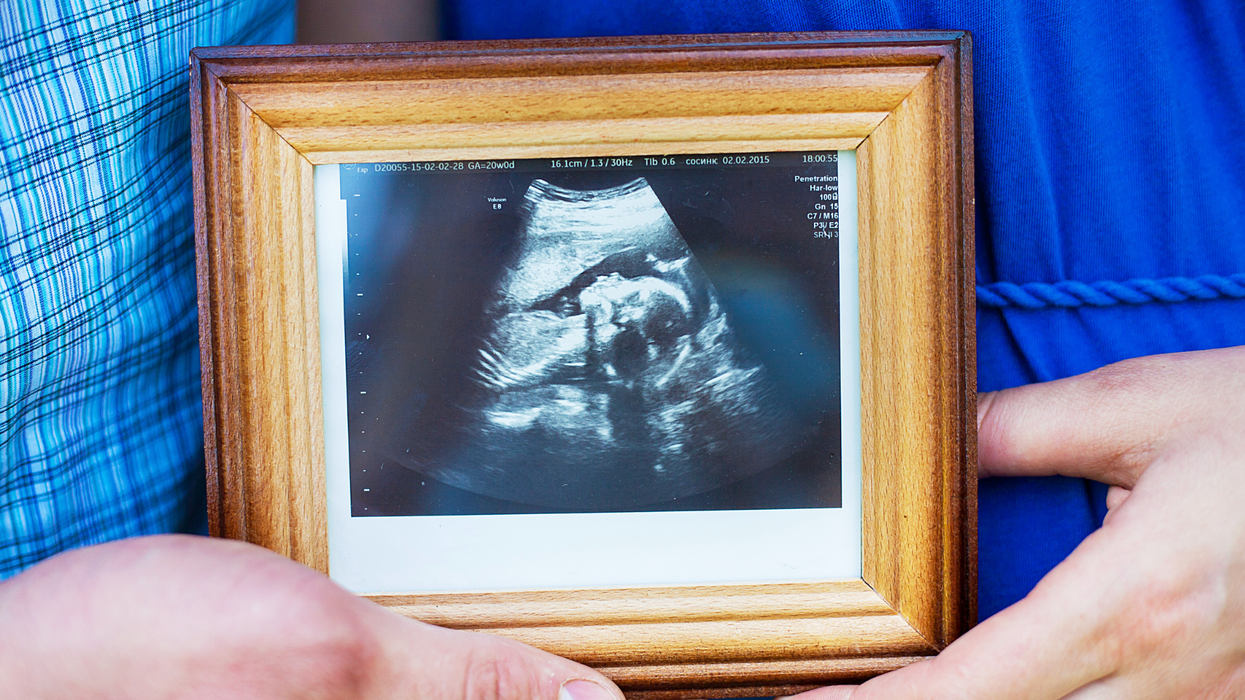In the popular discussion of gay sexuality, anal sex looms large. It is invoked to deny gay people equal rights. It is used to categorically ban them from donating blood. Gay men are labeled by type based on whether they prefer to give or receive it. A new study hopes to propose a more nuanced picture of what gay men actually do in bed.
In the Journal of Sexual Medicine, researchers from Indiana University and George Mason University surveyed nearly 25,000 gay and bisexual men in an effort to better understand how they experience sex. The study hopes to combat "the almost exclusive focus" on HIV in most academic research on gay male sexual behavior, as well as to increase understanding of the "diversity and complexity of these men’s sexual lives." To do that, they asked gay and bisexual-identified men ages 18 to 87 to chart their most recent sexual experience. Did it involve kissing, cuddling, masturbation, oral sex, anal sex? Did it happen with a boyfriend, spouse, stranger, or sex worker? Was it in a car, a home, a club? Were condoms used?
The results: Despite the popular perception, "sexual behaviors involving the anus were least common," researchers found. Around 75 percent of participants reported kissing their partners, giving oral sex, and/or receiving oral sex in their most recent sexual encounters. By contrast, only 36 percent of men reporting receiving anal sex and 34 percent of men reporting giving it. Half of participants who engaged in anal sex employed a condom. The most common series of activities in the encounter—reported by 16 percent of men—involved "holding their partner romantically, kissing partner on mouth, solo masturbation, masturbating partner, masturbation by partner, and genital–genital contact."
When blood screeners ask men if they've ever had sex with another man, what do they mean? Though the U.K. draws a distinction between engaging in oral, anal, or manual sex, the United States bans gay men from donating blood for life if they've ever engaged in sex with another man. "Sex" is undefined. This study suggests that many gay men are not even regularly engaging in anal sex, the sexual activity that puts them at greatest risk of disease transmission. When they are, many of them use protection. At the same time, almost half of straight women today will engage in anal sex. If they do it with a man who also sleeps with men, they'll only be barred from donating blood for one year.
Gay rights advocate Peter Tatchell has argued that blood donors ought to be treated as individuals, not sexualities. He suggests that eligibility questionnaires "be made more detailed for men who've had sex with men, in order to more accurately identify the degree of risk." Hopefully, studies like these can help foster accuracy on a cultural level, too. The more we know about the way people really have sex, the harder it is to file straight and gay people into easy categories: one safe, the other risky; one natural, the other dirty; one in this hole, one in the other.
Article originally appeared on 10.21.11
















 Two young women hang out in a 1980s-themed roomCanva
Two young women hang out in a 1980s-themed roomCanva  Gif from the movie "Heathers" via
Gif from the movie "Heathers" via 

 Police car parked outside a homeCanva
Police car parked outside a homeCanva Gif of Taylor Swift making heart sign with her hands via
Gif of Taylor Swift making heart sign with her hands via 
 Video of reaction to the sonogram: “They have the same parents after all” -
Video of reaction to the sonogram: “They have the same parents after all” -  A doctor shows expectant mother the sonogramCanva
A doctor shows expectant mother the sonogramCanva An MRI for an adult maleCanva
An MRI for an adult maleCanva
 Best friends in a casual hug.Photo credit
Best friends in a casual hug.Photo credit  Best friends playing around.Photo credit
Best friends playing around.Photo credit  Best friends.Photo credit
Best friends.Photo credit 
 Compton describes her struggle to access her own money at a bank that no longer offers teller cash services.TikTok |
Compton describes her struggle to access her own money at a bank that no longer offers teller cash services.TikTok |  After being denied cash, Compton decided to close her account and move her money elsewhere.TikTok |
After being denied cash, Compton decided to close her account and move her money elsewhere.TikTok |  If banks can't give you cash, why even visit?
If banks can't give you cash, why even visit? 
 Gif of man saying "You're my hero right now, seriously" via
Gif of man saying "You're my hero right now, seriously" via 
 Gif of someone celebrating via
Gif of someone celebrating via